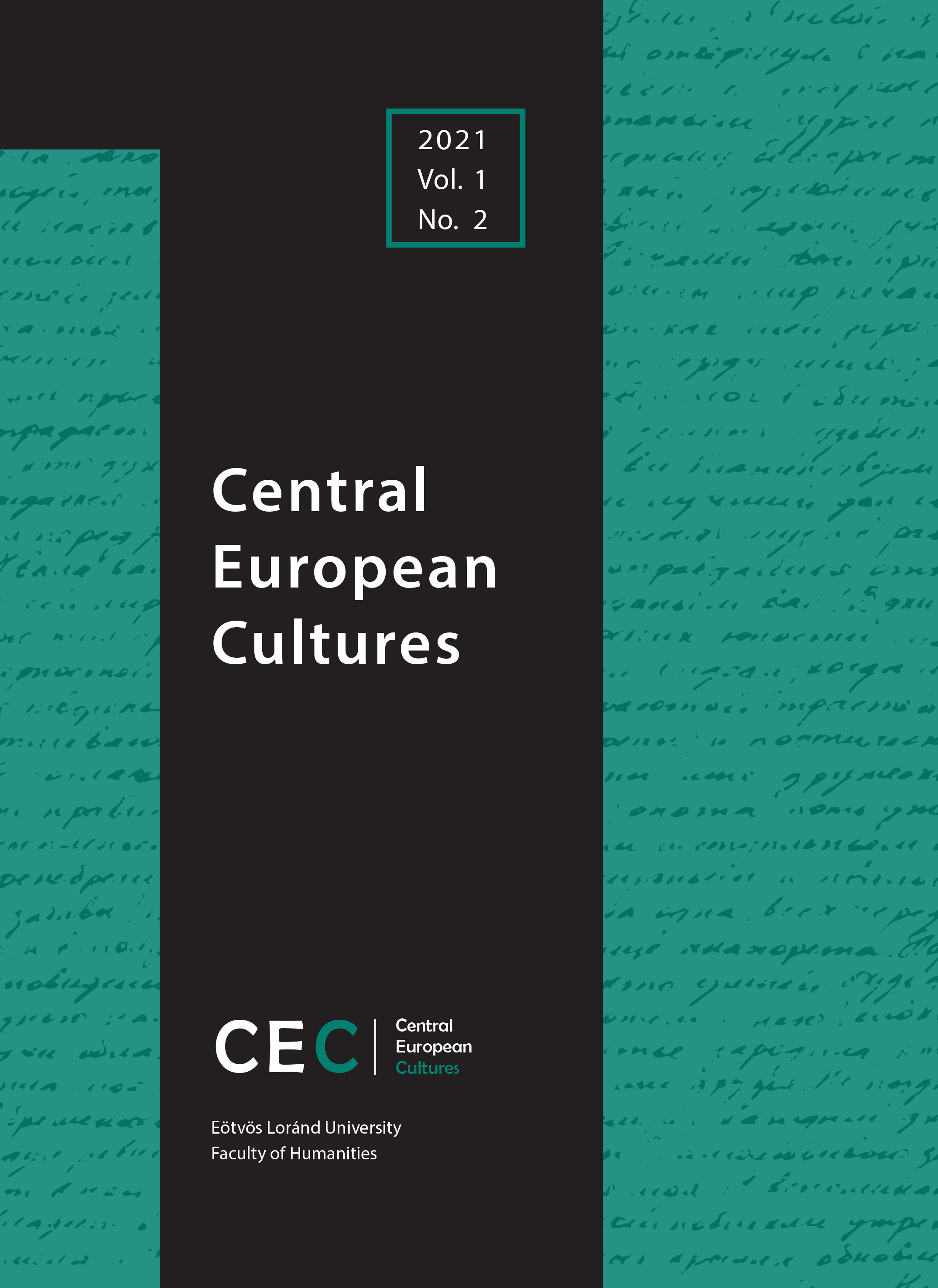At the Crossroad of Confessions: A Latin Lutheran Manuscript Prayer Book from Seventeenth-century Prešov
Published 2021-12-20
Keywords
- prayer book manuscript, married couple, seventeenth century Upper Hungary, Hungarian reception of Philipp Kegel
How to Cite
Copyright (c) 2021 Author(s)

This work is licensed under a Creative Commons Attribution-NonCommercial 4.0 International License.
Abstract
The focus of my study is a mid-seventeenth-century Latin manuscript prayer book. Its most basic characteristics should attract the attention of scholars of the period since it was compiled by a Lutheran married couple from Prešov for their individual religious practice. In examining the prayer book, I was able to identify the basic source of the manuscript, which was previously unknown to researchers: the compendium of the German Lutheran author Philipp Kegel. The manuscript follows the structure of Kegel’s volume and also extracts a number of texts from the German author’s work, which mainly collects the writings of medieval church fathers. In addition to Kegel, I have also been able to identify a few other sources; mainly the writings of Lutheran authors from Germany (Johann Arndt, Johann Gerhardt, Johann Rist, and Johann Michael Dilherr). I give a description of the physical characteristics of the manuscript, its illustrations, the hymns that accompany the prayers, and the copying hands. I will also attempt to identify the latter more precisely. The first compilers of the manuscript were Andreas Glosius and his wife Catharina Musoniana from Prešov. I also organize the biographical data we have about their life and will correct the certainly erroneous provenance of Andreas Glosius, whose name appears in the context of several important contemporary manuscripts, including the gradual of Prešov. In the last part of my paper, I will also show how well known and popular Philipp Kegel’s work was in the early modern Kingdom of Hungary. This is necessary because, although the data show that there was a very lively reception of Philipp Kegel’s work in Hungary, previous scholars have only tangentially dealt with the Hungarian presence of his work.

